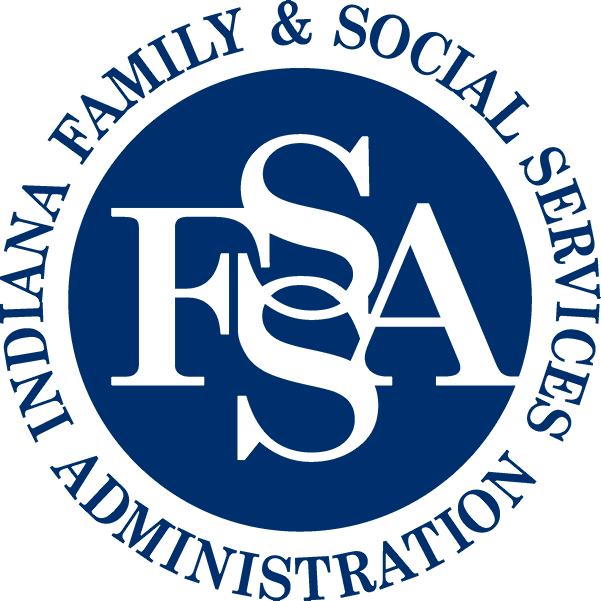Marijuana in Indiana: 22.7% of college students and 16.4% of high school students report current use.
Opioids in Indiana. 8.8% of 18- to 25-year olds misused a prescription pain reliever in the past year and 1.3% used heroin.
Stimulants in Indiana: 5.7% of 18- to 25-year olds used cocaine in the past year and 1.2% used methamphetamine.
Health risks
- Marijuana
- Permanent IQ loss as much as eight points
- Respiratory illness
- Effects on physical timing, movement and coordination
- Effects on driving: slower reactions, lane weaving, decreased coordination and difficulty reacting
- Use during pregnancy may cause fetal growth restriction, premature birth, stillbirth and problems with brain development
- THC and other chemicals can pass from mother to baby through breast milk
- Cannabinoid Hyperemesis Syndrome: repeated, severe bouts of vomiting
- Opioids – Includes prescription pain medications, fentanyl and heroin
- Drowsiness, confusion and depression
- Nausea, vomiting and constipation
- Slowed breathing and hypoxia (too little oxygen reaching the brain)
- Interactions with other medications
- Use during pregnancy can cause miscarriage, low birth weight and neonatal abstinence syndrome
- Overdose can stop a person’s breathing, leading to death
- Long term risks of heroin use
- insomnia
- collapsed veins for people who inject the drug
- damaged tissue inside the nose for people who sniff or snort it
- infection of the heart lining and valves
- abscesses (swollen tissue filled with pus)
- constipation and stomach cramping
- liver and kidney disease
- lung complications, including pneumonia
- mental disorders such as depression and antisocial personality disorder
- increased risk of contracting HIV and hepatitis C for people use inject drugs
- Stimulants (cocaine, methamphetamine)
- Psychological effects: hallucinations, delusions, persistent anxiety, paranoia, depression
- Extreme weight loss, gastrointestinal problems, muscle deterioration
- Chronic exhaustion
- Cardiovascular damage
- Breathing problems
- Cerebral hemorrhage
- Stroke
- Seizure
Parent questions
- What should I do if my child eats something containing marijuana or cannabis?
- National Poison Control helpline: 800-222-1222
- According to the U.S. Federal Drug Administration, it is important to protect children from accidental ingestion of cannabis and cannabis-containing products. FDA recommends that these products are kept out of reach of children to reduce the risk of accidental ingestion. If the parent or caregiver has a reasonable suspicion that the child accidentally ingested products containing cannabis, the child should be taken to a physician or emergency department, especially if the child acts in an unusual way or is/feels sick.
- For more information about marijuana edibles and children, see this article from the American Academy of Pediatrics.
